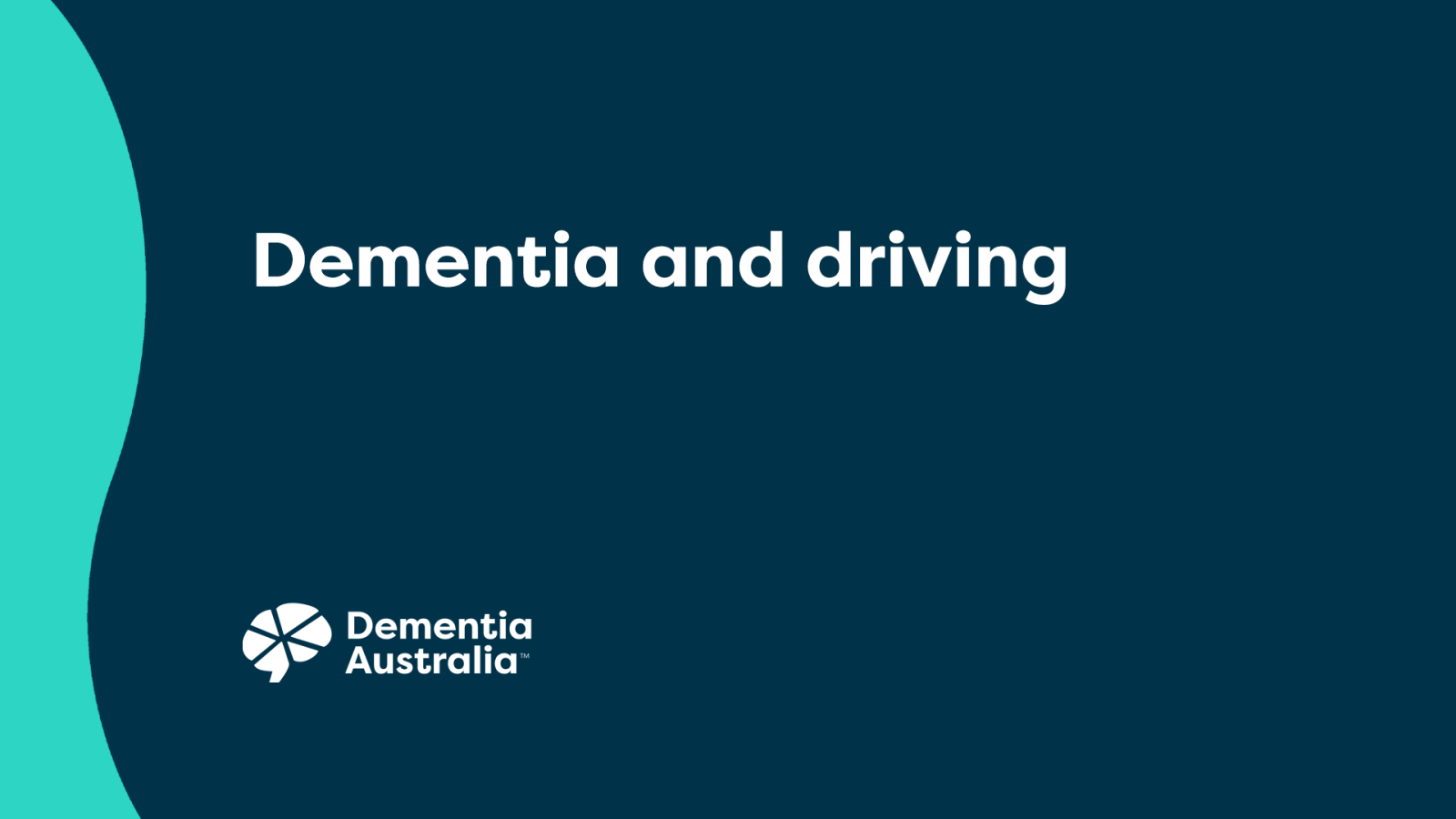Driving and dementia
If you’re diagnosed with young onset dementia, chances are you still rely on driving a car. It could be to take your children or grandchildren to school, commute to your workplace, or to do grocery shopping on the weekends.
While driving in the early stages of younger onset dementia can be safe, continuing to drive as your dementia progresses can have serious consequences. You will experience changes to your memory, reactions and perception. At some point, all people with dementia will need to stop driving to reduce the risk of harming themselves and others.
It’s normal to feel anxiety and a loss of personal freedom when this happens to you. Don’t worry – there are things you can do to maintain independence and stay connected to your friends, family and community.
Watch the following video: ‘Driving with dementia’ to learn more or read the video transcript.
What to do after a dementia diagnosis
If you have a driver’s licence, it’s important to promptly inform your local road and traffic authority, as well as your vehicle insurance company.
You’ll then need to see a doctor who will assess your medical fitness. You may also need a formal driving assessment. Based on these results, the licensing authority may issue you a conditional licence, valid for 12 months.

